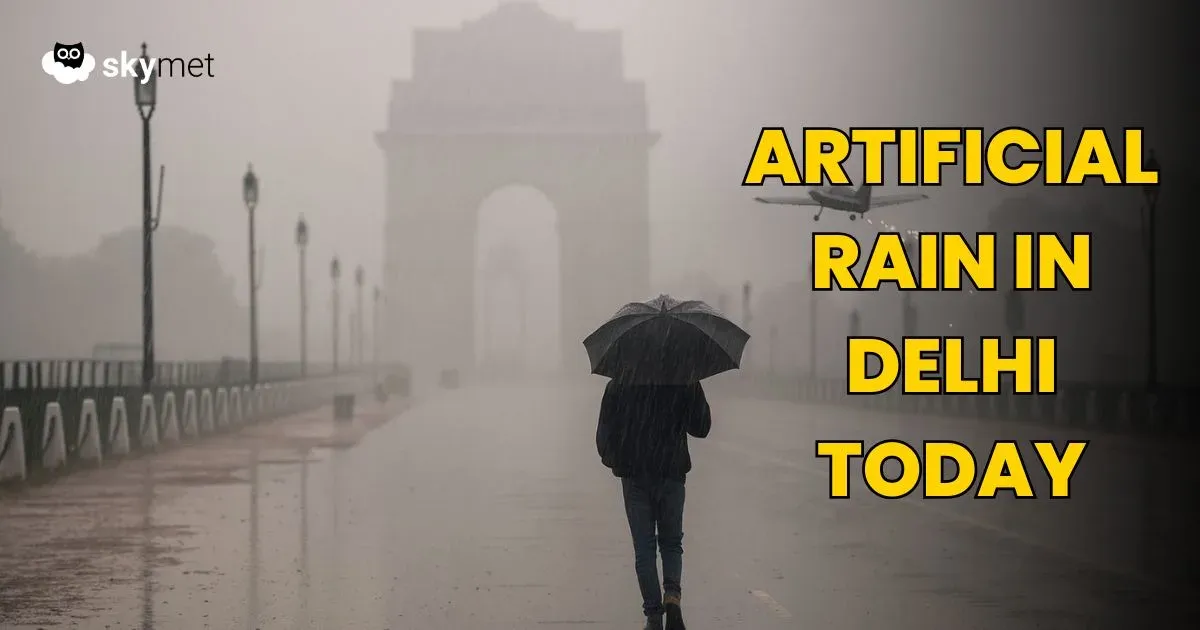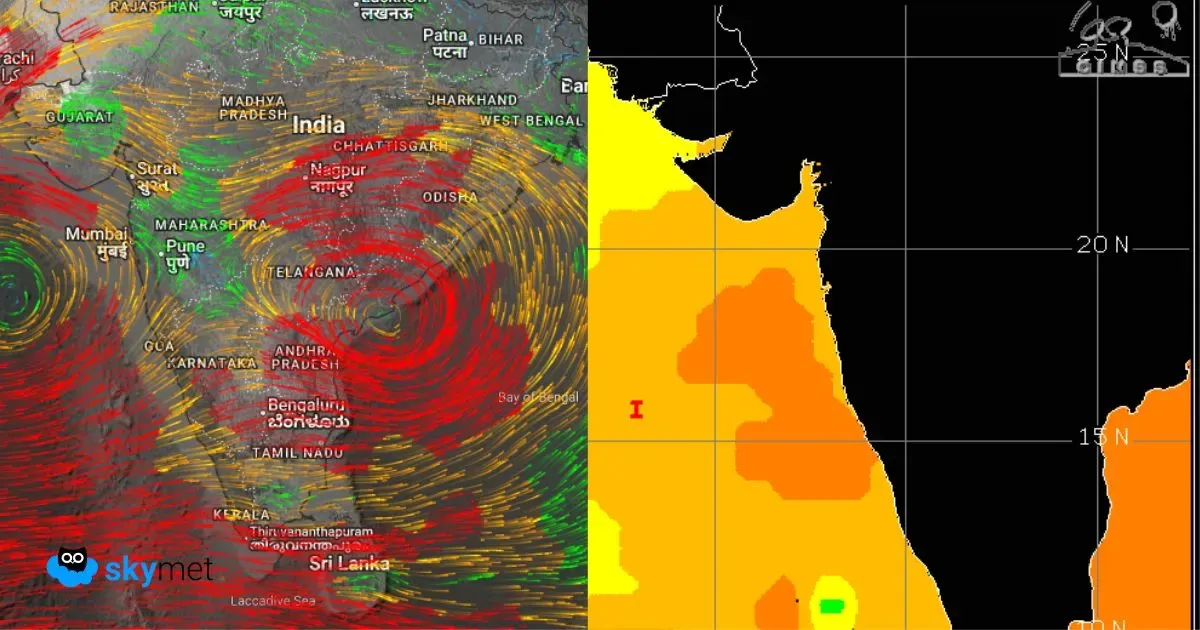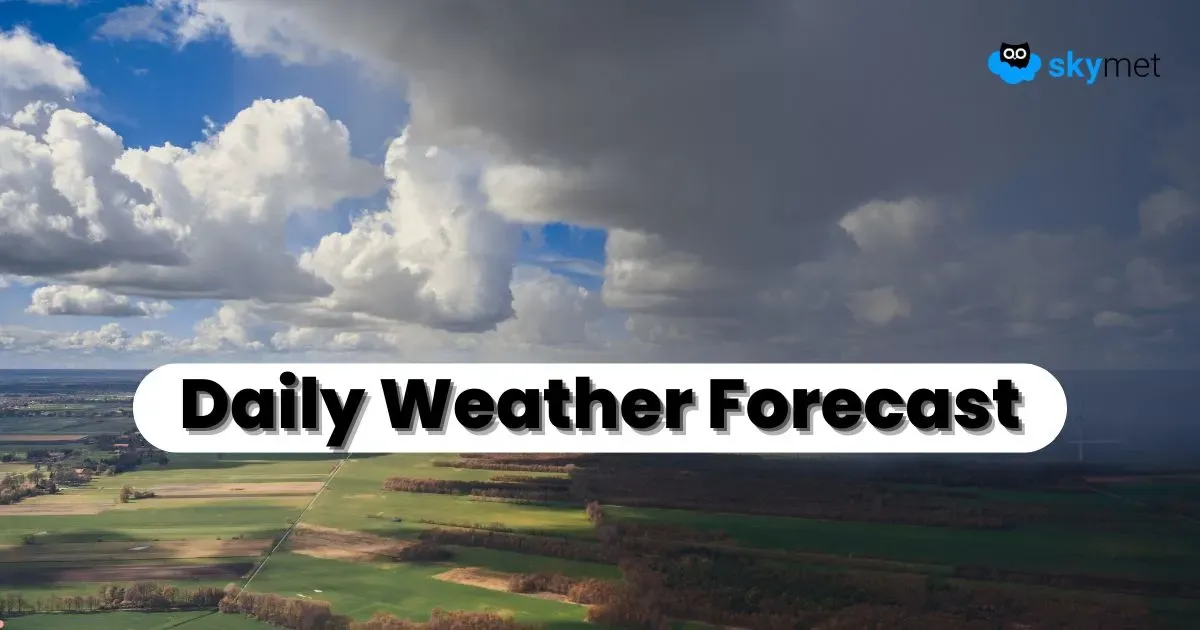Delhi is set to conduct its first-ever cloud seeding trial today — a scientific attempt to create artificial rainfall and bring temporary relief from the city’s persistently poor air quality. The operation is part of a pilot initiative that has been under preparation for months and is designed to test whether artificial rain can help reduce pollution levels during severe smog episodes.
The process hinges on favourable weather conditions in Kanpur, where the aircraft designated for the trial is currently stationed. Once visibility improves — ideally beyond 5000 metres — the aircraft will take off, fly to moisture-laden clouds over northwest Delhi, disperse the seeding material, and return after completion. The window for the operation is expected around 12:30 to 1:00 pm, depending on atmospheric stability and visibility.
According to officials, the formulation being used for the Delhi experiment has been developed by IIT Kanpur and consists of silver iodide nanoparticles, iodised salt, and rock salt. When released into suitable clouds, these particles act as nuclei that attract moisture, helping smaller droplets combine into larger ones until they become heavy enough to fall as rain.
The trial comes at a time when Delhi’s air quality remains in the “very poor” category, with an average AQI of around 306 this morning and several monitoring stations — including Siri Fort, Bawana, and Anand Vihar — reporting values above 320. Post-Diwali smog, stagnant winds, and winter inversion layers have trapped pollutants close to the surface, prompting authorities to explore this weather modification technique.
If successful, this would mark a breakthrough for urban meteorology, showing how targeted atmospheric intervention can assist air quality management in megacities. However, experts emphasize that cloud seeding depends heavily on cloud moisture and wind conditions, meaning success cannot be guaranteed in every attempt.
Beyond its experimental nature, Delhi’s cloud seeding effort signals a forward-looking step toward integrating applied atmospheric science into public health and environmental policy — combining weather innovation with the urgent need for cleaner air.


















